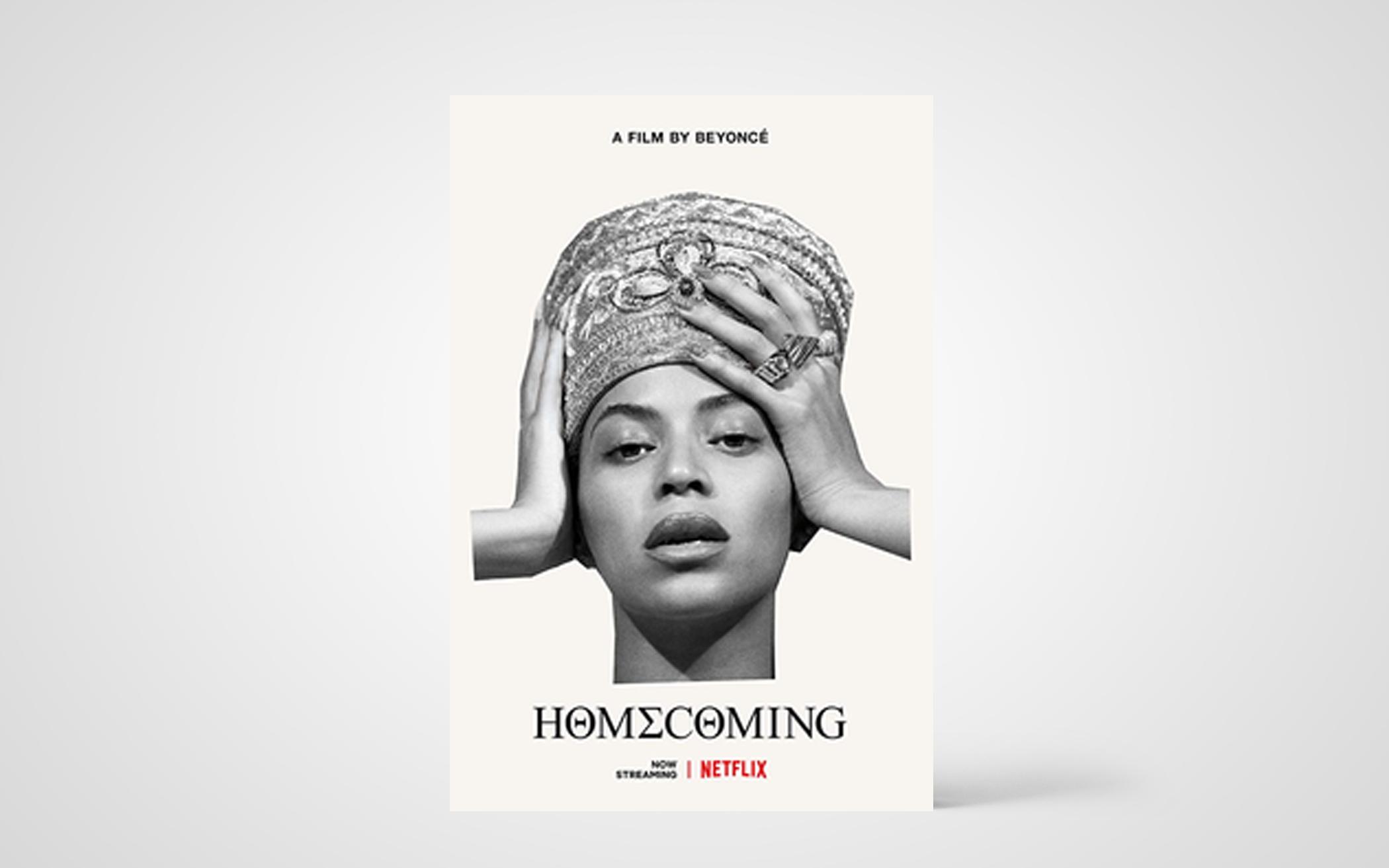“As a black woman, I used to feel like the world wanted me to stay in my little box
And black women often feel underestimated. I wanted us to feel proud…” - “Party” (Outro)
Beyoncé recently released Homecoming: A Film by Beyoncé, a Netflix documentary and live album of her 2018 Coachella concert performance. (Upon the film's release, Beyoncé released a live album titled “Homecoming: The Live Album.”)
Her intent is to educate as well as entertain. Much like a good essay, Beyoncé presents her argument clearly at the beginning of her performance. “Freedom” reminds the audience of a goal for equality and liberty for all Americans. She then includes a verse of “Lift Ev’ry Voice And Sing” by Civil Rights activist James Weldon Johnson, regarded by many as the Black National Anthem to this day.
The voices of other significant historical figures also are included, such as Marian Wright Edelman’s quote, “You can’t be what you can’t see.” Beyoncé takes this quote to heart and turns her attention to those whose voices and dreams have been muted. She highlights the talents of other women, such as her lead guitarist, bassist and drummer, as well as a myriad of female dancers and band members. Several times during the concert, she surrenders center-stage so that other women can shine.
By revealing her own struggles to assert herself, Beyoncé empowers black women to be strong and have a voice within their personal relationships.
Finally, Beyoncé uses her own story of success to encourage black women to keep persevering despite the many challenges they face. She reminds her listeners that she is the “first black woman to headline Coachella.” By leading by example, Queen B is on a mission to help black women “see” all that they can be.
As she educates the audience, Beyoncé doesn’t forget to entertain. The performance turns into a family party with appearances by Jay-Z, Destiny’s Child and her sister, Solange. One of the most memorable moments occurs when Solange and Beyoncé dance together in a carefree way, evoking the innocence of childhood. Beyoncé sums up her creation of “Homecoming”: “I’m so lucky and grateful that I’m able to take all these crazy ideas and actually make them into something that heals people, that may spark vision in people. That shows them to dream big, that shows them that they are limitless.”
Beyoncé also uses her vast cultural power to encourage the oppressed as they struggle to be valued and heard, perhaps a nod to her Christian faith.
No matter the listener’s race or gender, we can all benefit from listening and engaging with the experiences of other humans through “Homecoming.” However, those who are sensitive to profanity may want to exercise caution. (Parkwood, Columbia)
About the Author
Micah van Dijk is a popular music expert who speaks and writes to help audiences understand the impact popular music has on their faith and identity. www.micahvandijk.com

